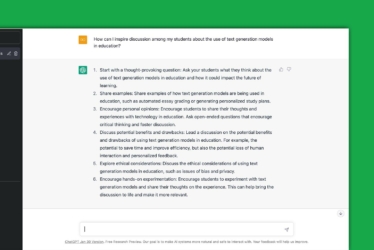Projects
Investigating Mass Grave Locations with Deep Learning
At the Centre for Innovation, we keep an eye on educational and technical trends that may benefit the university now or in the near future. One of the trends we explore focuses on data and artificial intelligence. Different from other parts of the university, we focus on the application of new cutting-edge algorithms – such as machine learning techniques – instead of working on core theories or completely new methods. Over the past years, we have particularly worked extensively with the peace & justice sector on different use cases to test the value of new techniques.
In the last months one of our data scientists Dr. Aaron Swaving, has been working on a project with the International Commission on Missing Persons (ICMP). This organisation is based in The Hague and works with governments and organisations throughout the world to address the issue of people who have gone missing as a result of armed conflict, human rights abuses, disasters, organised crime, irregular migration and other causes.
The project’s objective was to see how well machine learning is able to predict locations of mass graves. A Resnet-50 encoder inside a U-Net (for segmentation) was used to learn geographical features around known mass graves in Bosnia. If successful, the trained model could then be applied to discover potential locations of interest to help assist in the search for unknown mass grave sites. Different insights from the fast-moving field of Deep Learning were useful. Among those: transfer learning was invaluable to allow Deep Learning to be applied to the problem, cyclical learning rates and the latest in optimisers allowed for quicker training.
The results are promising. For instance, the model clearly picked up that mass graves in Bosnia are mostly found along roads, but importantly not just any road or along the whole road. The output of the model is not a certain location of a mass grave but rather a highlighted area that matches patterns of related features of previous grave locations learned by the algorithm. It is important to understand how those predictions can be interpreted. In all of our projects, we try to empower the domain expert. Many factors that could be relevant for mass grave locations are not taken into account, so we provide the output of this model to ICMP’s investigators that know the context and use additional sources and considerations to be used in conjunction with the model results.
Working with external organisations helps us to move faster and be goal-driven. Assisting in the search for mass graves using AI allows the university to contribute to the social good. But what if it could also help to search for archaeological sites? Or determine the best spots for student housing? Then the applied value of innovative technologies also becomes practical closer to home.
Dr. Aaron Swaving is a Data Scientist at the Center for Innovation of Leiden University. He uses the latest data science techniques to research and develop applications that help organisations innovate by understanding and utilising their data. He is involved in developing and deploying deep learning (and other machine learning) techniques for use by public sector organisations. For further information, you can contact him at a.c.swaving@sea.leidenuniv.nl.




